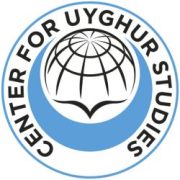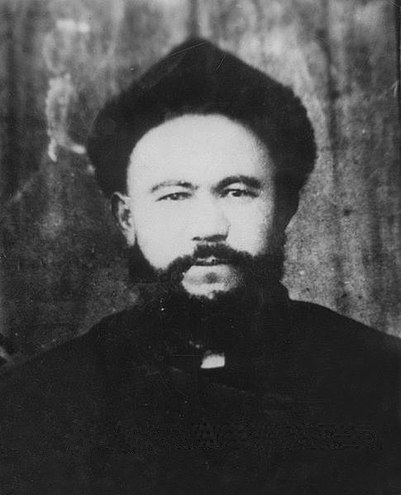Uyghur Figures – 15
Sabit Damollam was born in 1894 in Atush, East Turkistan, and embarked on a path that would lead him to become a seminal figure in the history of the Uyghur people. He pursued his education in Islamic studies initially in Kashgar before furthering his learning in the acclaimed centers of Islamic scholarship in Bukhara.
Upon returning to East Turkistan in the early 1920s, Sabit Damollam immersed himself in the socio-political dynamics of the region. He became a prominent advocate for the autonomy and rights of the Uyghur people during a period of significant geopolitical shifts in Central Asia.
In 1933, Sabit Damollam took on a leadership role as one of the key founders of the Islamic Republic of East Turkistan, declared in the city of Kashgar. This was a bold move towards establishing an independent state governed by Islamic principles and modern administrative systems, reflecting the aspirations of many Uyghurs for self-governance away from Chinese control.
Beyond his political engagements, Sabit Damollam was also a visionary in educational and social reforms. He championed the modernization of the education system by advocating for the integration of secular subjects alongside traditional religious instruction. His goal was to prepare Uyghur youth for the challenges of the modern world while preserving their religious and cultural identity.
In his pursuit of social progress, Sabit Damollam also tackled conservative societal norms that he saw as barriers to development. He was proactive in promoting reforms that would lead to a more progressive, enlightened society, ready to engage with global communities.
However, his progressive activities and leadership in the independence movement led to his arrest and subsequent execution in 1934 by Sheng Shicai’s regime, a tragic end to a life dedicated to the cause of Uyghur autonomy and development.
Sabit Damollam’s legacy remains profound and inspiring. As a leader, educator, and reformer, he left an indelible mark on the history of East Turkistan. His vision and sacrifice continue to resonate with the Uyghur community and scholars worldwide, symbolizing the enduring struggle for national identity and self-determination.
Written by Abdulcelil Turan, translated to English by Dareen Khaled
Copyright Center for Uyghur Studies - All Rights Reserved

